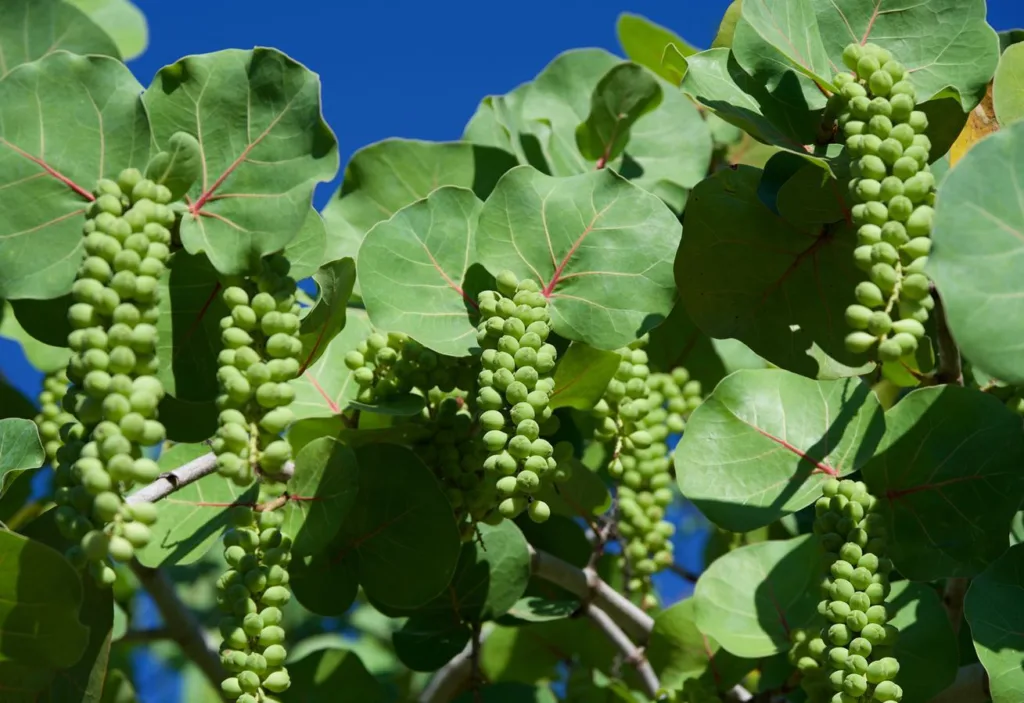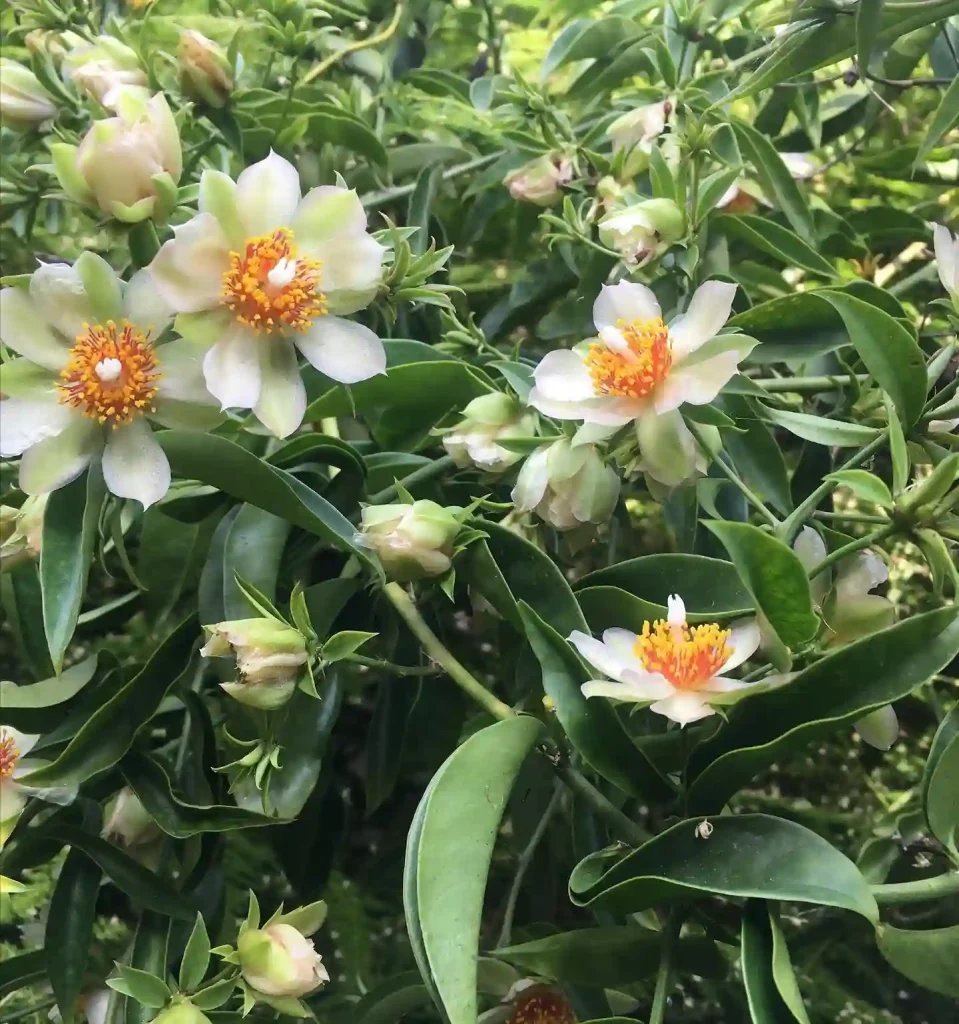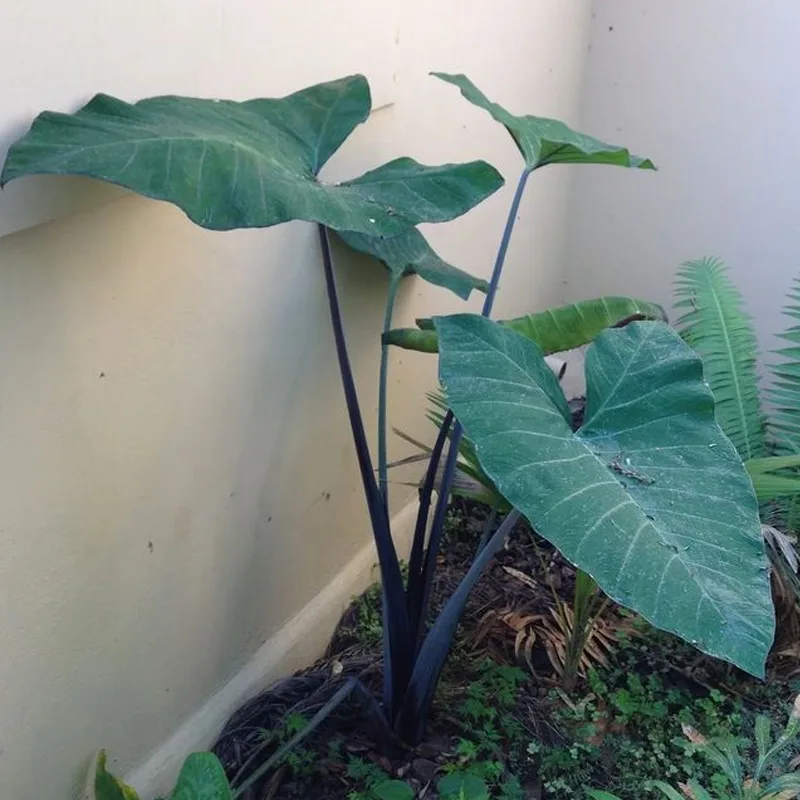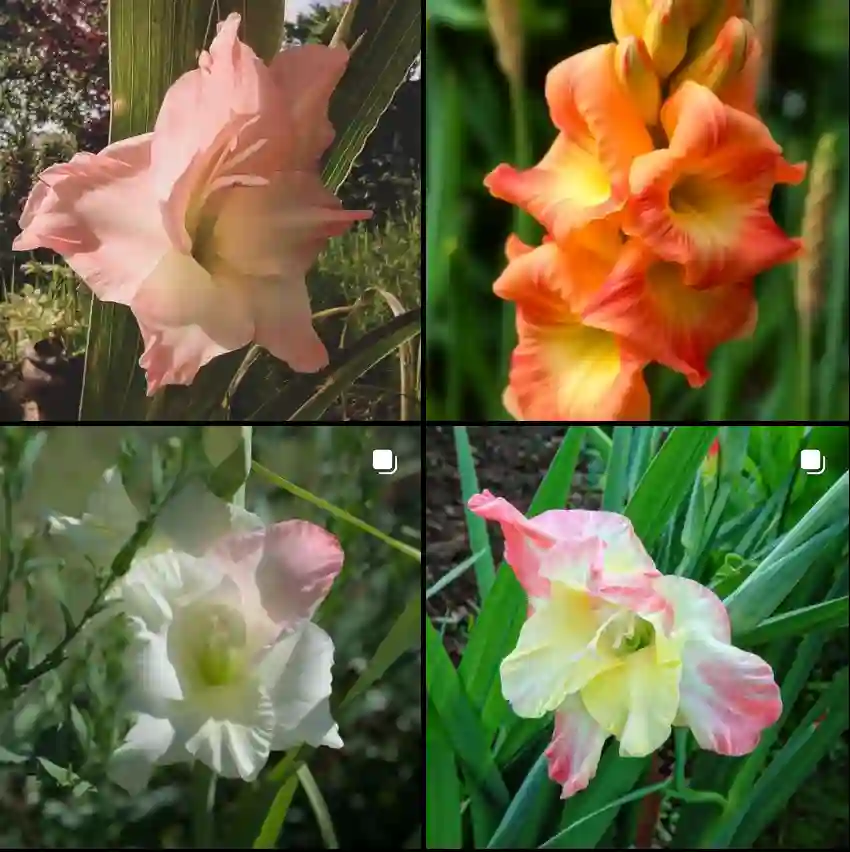My Fascination with the Curious World of Tylecodons
Hi, I’m Ferb Vu, and I’ve always been drawn to the unique and the unusual, especially when it comes to the natural world. That’s why I find myself captivated by the genus Tylecodon, a fascinating group of succulent plants native to Southern Africa, belong to the Crassulaceae family. These plants, with their intriguing forms and adaptations to arid environments, are a testament to the diversity and resilience of life.
A Diverse Genus
Tylecodon is a diverse genus, with over 50 recognized species. They range from dwarf succulents like Tylecodon reticulatus, which hug the ground, to larger species like Tylecodon paniculatus, which can reach over two meters in height. This incredible variety in form is one of the things that makes Tylecodon so captivating.
Here are:
- Tylecodon albiflorus Bruyns
- Tylecodon atropurpureus Bruyns
- Tylecodon aurusbergensis G.Will. & van Jaarsv.
- Tylecodon bayeri van Jaarsv.
- Tylecodon bleckiae G.Will.
- Tylecodon bodleyae van Jaarsv.
- Tylecodon bruynsii van Jaarsv. & S.A.Hammer
- Tylecodon buchholzianus (Schuldt & P.Stephan) Toelken
- Tylecodon cacalioides (L.f.) Toelken
- Tylecodon celatus van Jaarsv. & Tribble
- Tylecodon cordiformis G.Will.
- Tylecodon decipiens Toelken
- Tylecodon ectypus F.Gren. & van Jaarsv.
- Tylecodon ellaphieae van Jaarsv.
- Tylecodon faucium (Poelln.) Toelken
- Tylecodon × fergusoniae (L.Bolus) G.D.Rowley
- Tylecodon florentii van Jaarsv.
- Tylecodon fragilis (R.A.Dyer) Toelken
- Tylecodon grandiflorus (Burm.f.) Toelken
- Tylecodon hallii (Toelken) Toelken
- Tylecodon hirtifolius (W.F.Barker) Toelken
- Tylecodon kritzingeri van Jaarsv.
- Tylecodon leucothrix (C.A.Sm.) Toelken
- Tylecodon longipes van Jaarsv. & G.Will.
- Tylecodon nigricaulis G.Will. & van Jaarsv.
- Tylecodon nolteei Lavranos
- Tylecodon occultans (Toelken) Toelken
- Tylecodon opelii van Jaarsv. & S.A.Hammer
- Tylecodon paniculatus (L.f.) Toelken
- Tylecodon pearsonii (Schönland) Toelken
- Tylecodon peculiaris van Jaarsv.
- Tylecodon petrophilus van Jaarsv. & A.E.van Wyk
- Tylecodon pusillus Bruyns
- Tylecodon pygmaeus (W.F.Barker) Toelken
- Tylecodon racemosus (E.Mey. ex Harv.) Toelken
- Tylecodon reticulatus (L.f.) Toelken
- Tylecodon rubrovenosus (Dinter) Toelken
- Tylecodon schaeferianus (Dinter) Toelken
- Tylecodon similis (Toelken) Toelken
- Tylecodon singularis (R.A.Dyer) Toelken
- Tylecodon stenocaulis Bruyns
- Tylecodon striatus (Hutchison) Toelken
- Tylecodon suffultus Bruyns ex Toelken
- Tylecodon sulphureus (Toelken) Toelken
- Tylecodon tenuis (Toelken) Bruyns
- Tylecodon torulosus Toelken
- Tylecodon tribblei van Jaarsv.
- Tylecodon tuberosus Toelken
- Tylecodon ventricosus (Burm.f.) Toelken
- Tylecodon viridiflorus (Toelken) Toelken
- Tylecodon wallichii (Harv.) Toelken
Adaptations to Arid Environments
Tylecodon species have evolved a number of adaptations to survive in the harsh, arid environments they call home. Their succulent leaves and stems store water, allowing them to endure long periods of drought. Many species also exhibit a deciduous habit, shedding their leaves during the dry season to reduce water loss.
Another interesting adaptation is the presence of caudexes, swollen stems or roots that store water and nutrients. These caudexes can take on a variety of shapes and sizes, adding to the visual appeal of Tylecodon plants.
Cultivation and Care
While Tylecodon species are adapted to arid conditions, they can be successfully cultivated in a variety of climates with proper care. They require well-draining soil, plenty of sunlight, and infrequent watering. During the growing season, they benefit from occasional fertilization.
It’s important to protect Tylecodon plants from frost, as they are not cold-hardy. In colder climates, they can be grown in containers and brought indoors during the winter months.
Propagation
Tylecodon plants can be propagated from seed or cuttings. Seed propagation can be challenging, as the seeds are very small and require specific conditions to germinate. Cuttings are generally easier and more reliable.
To propagate from cuttings, allow the cut surface to dry and callous over before planting in well-draining soil. Keep the soil lightly moist until the cutting has rooted.
My Personal Experiences
I’ve been growing Tylecodon plants for several years now, and I’ve found them to be relatively low-maintenance and rewarding. I enjoy watching them go through their seasonal changes, from the lush growth of the growing season to the dormancy of the dry season.
I’ve also had success propagating Tylecodon from cuttings, which has allowed me to expand my collection and share these fascinating plants with others.
A Growing Interest
In recent years, there has been a growing interest in Tylecodon plants among succulent enthusiasts. Their unique forms, adaptability, and relative ease of care make them an appealing addition to any collection.
Whether you’re a seasoned succulent grower or just starting out, I encourage you to explore the world of Tylecodon. These fascinating plants are sure to capture your imagination and provide you with years of enjoyment.
If i die, water my plants!



